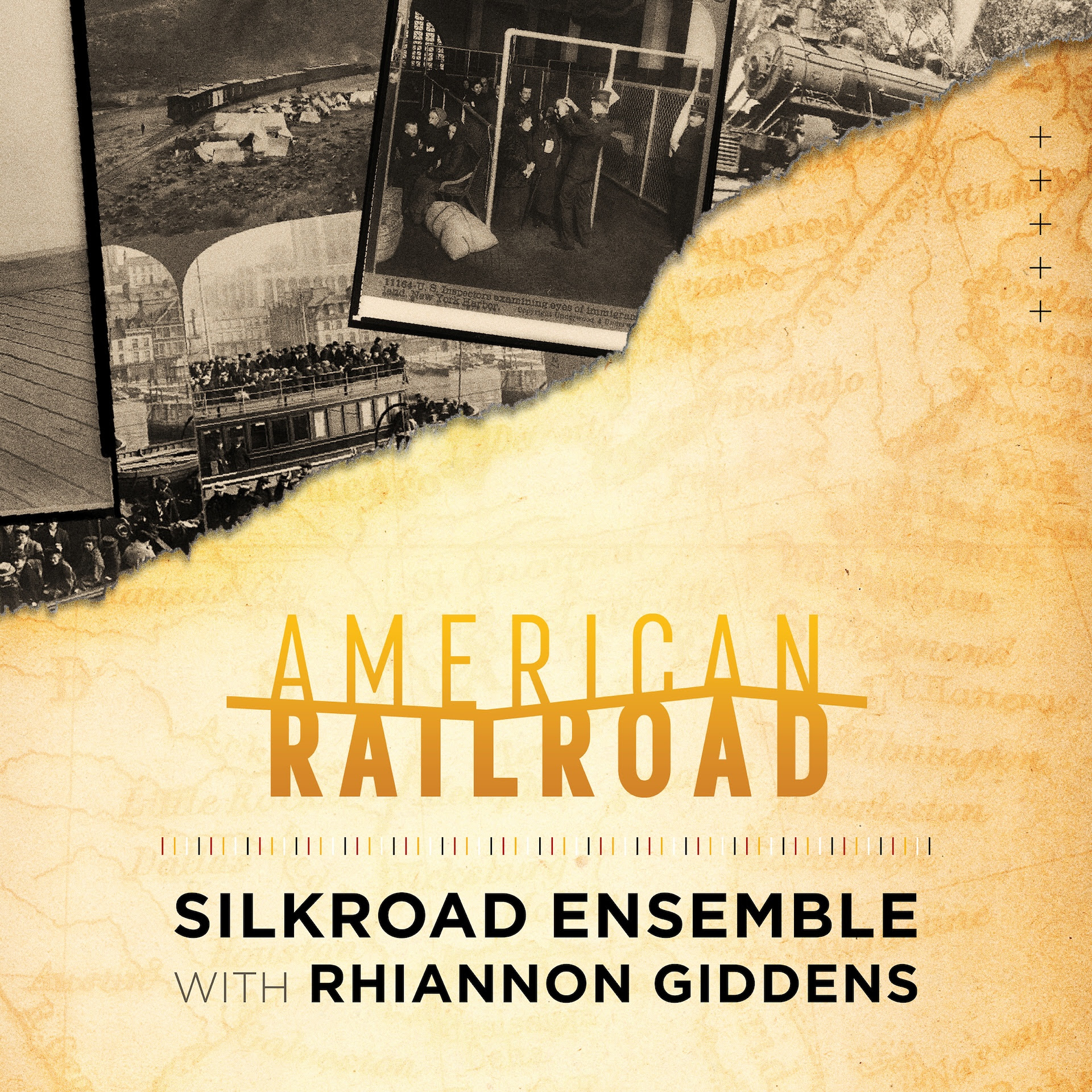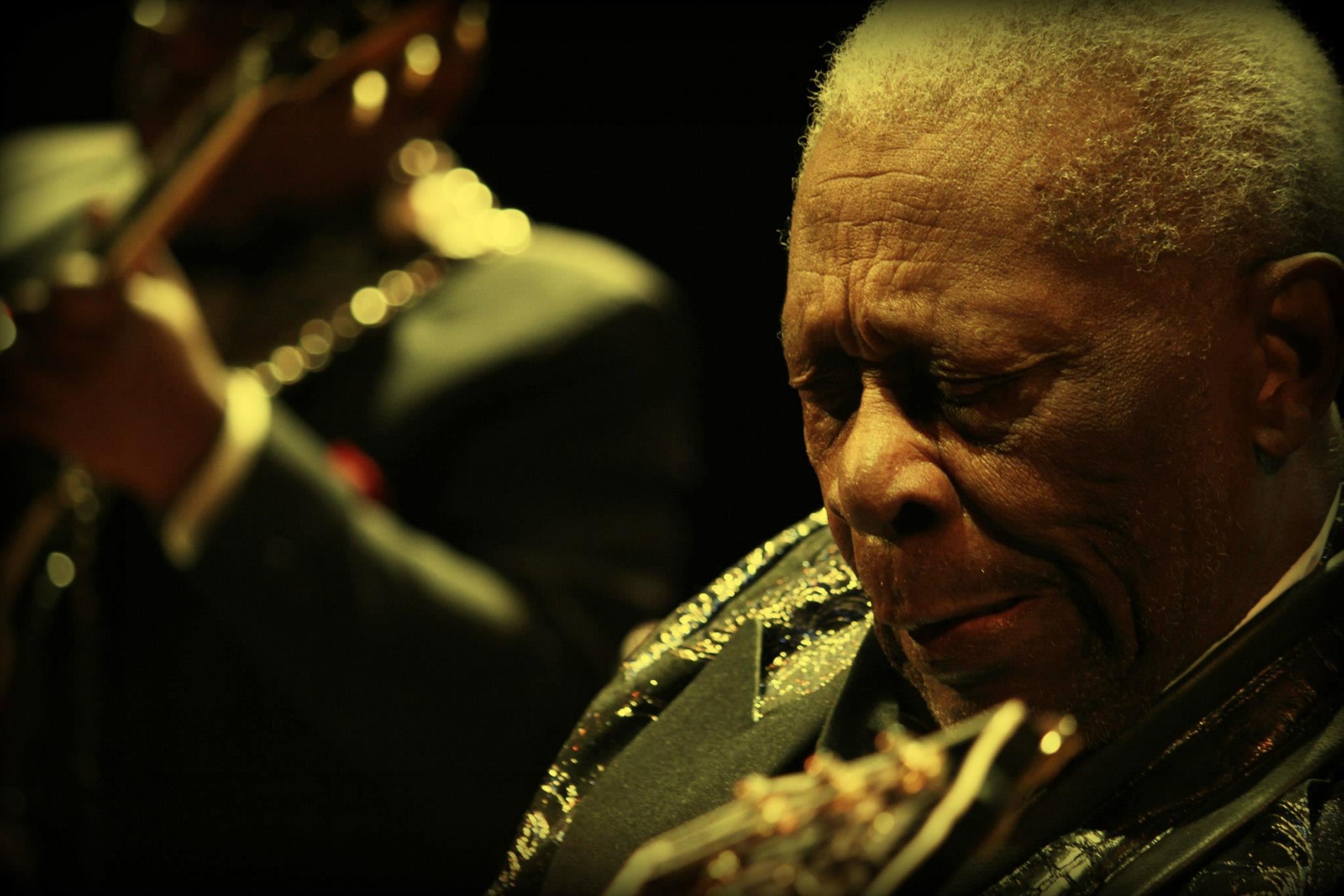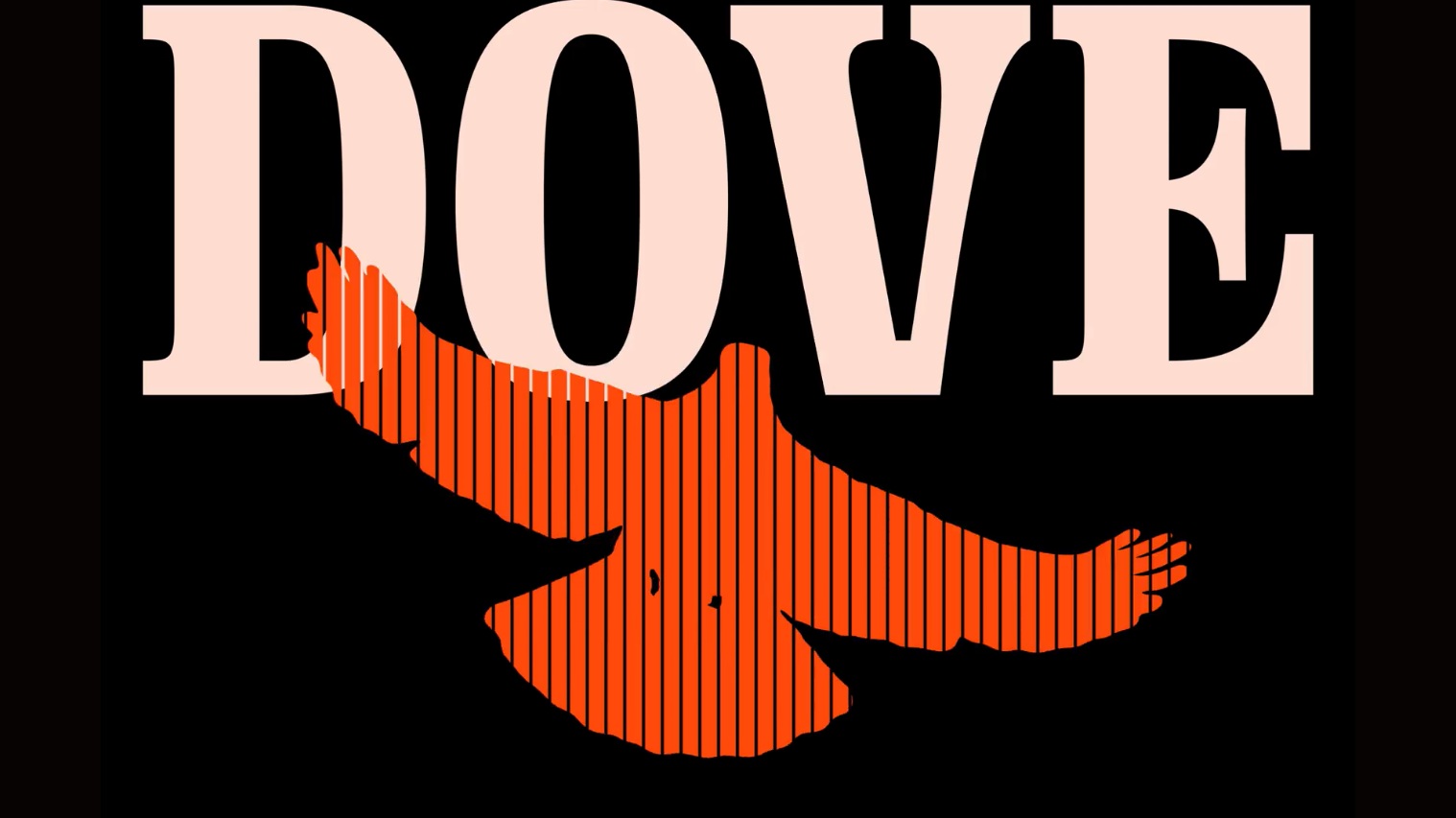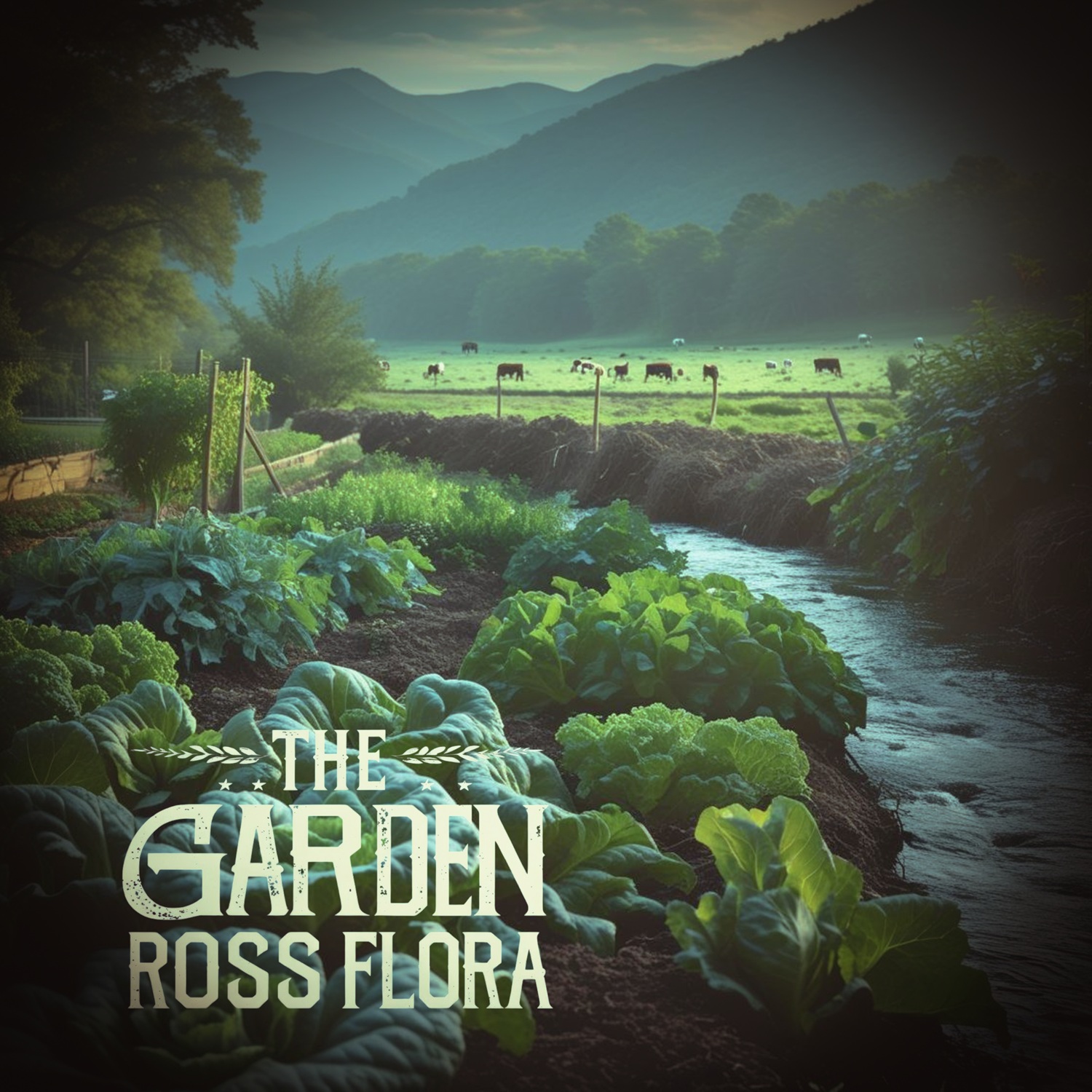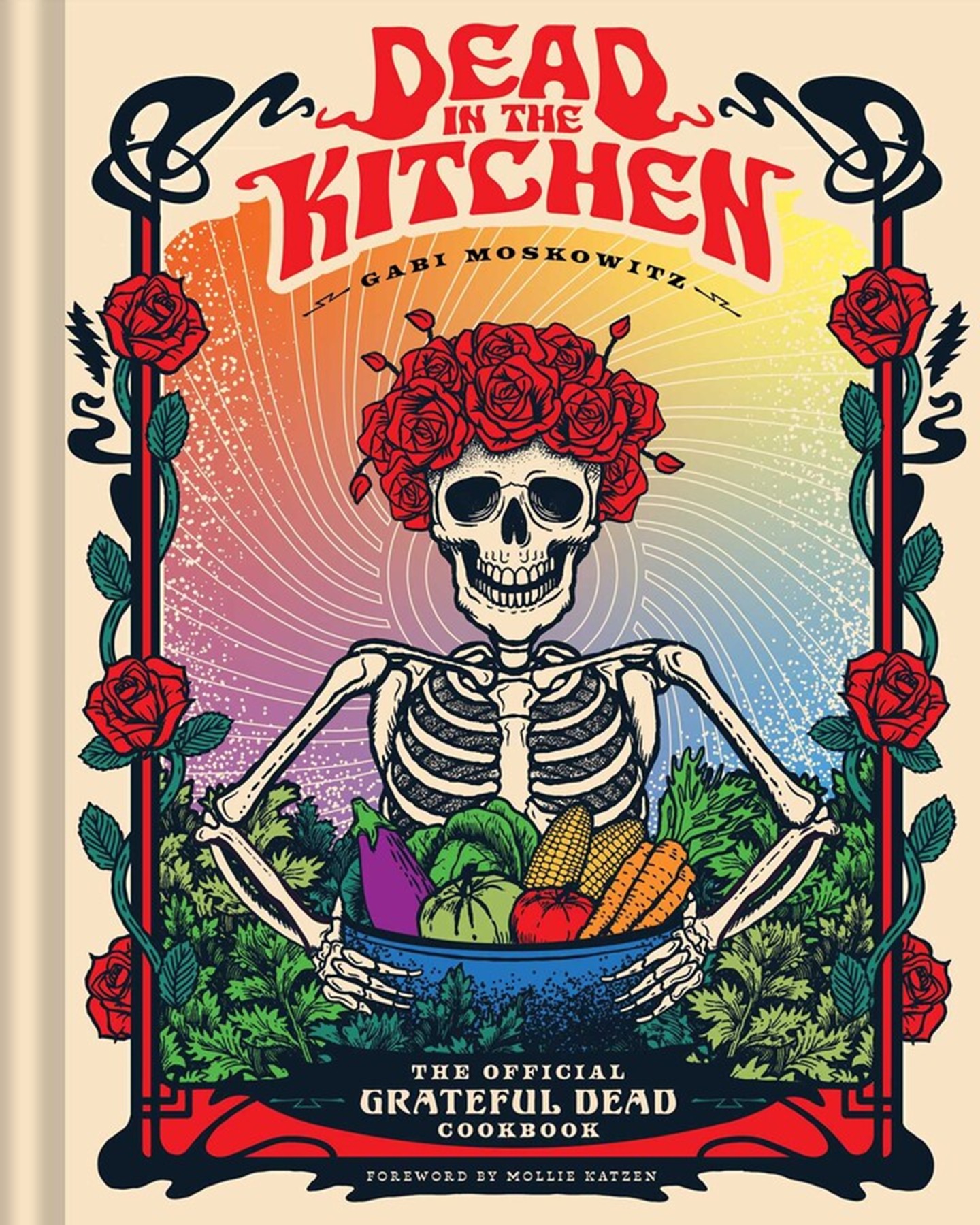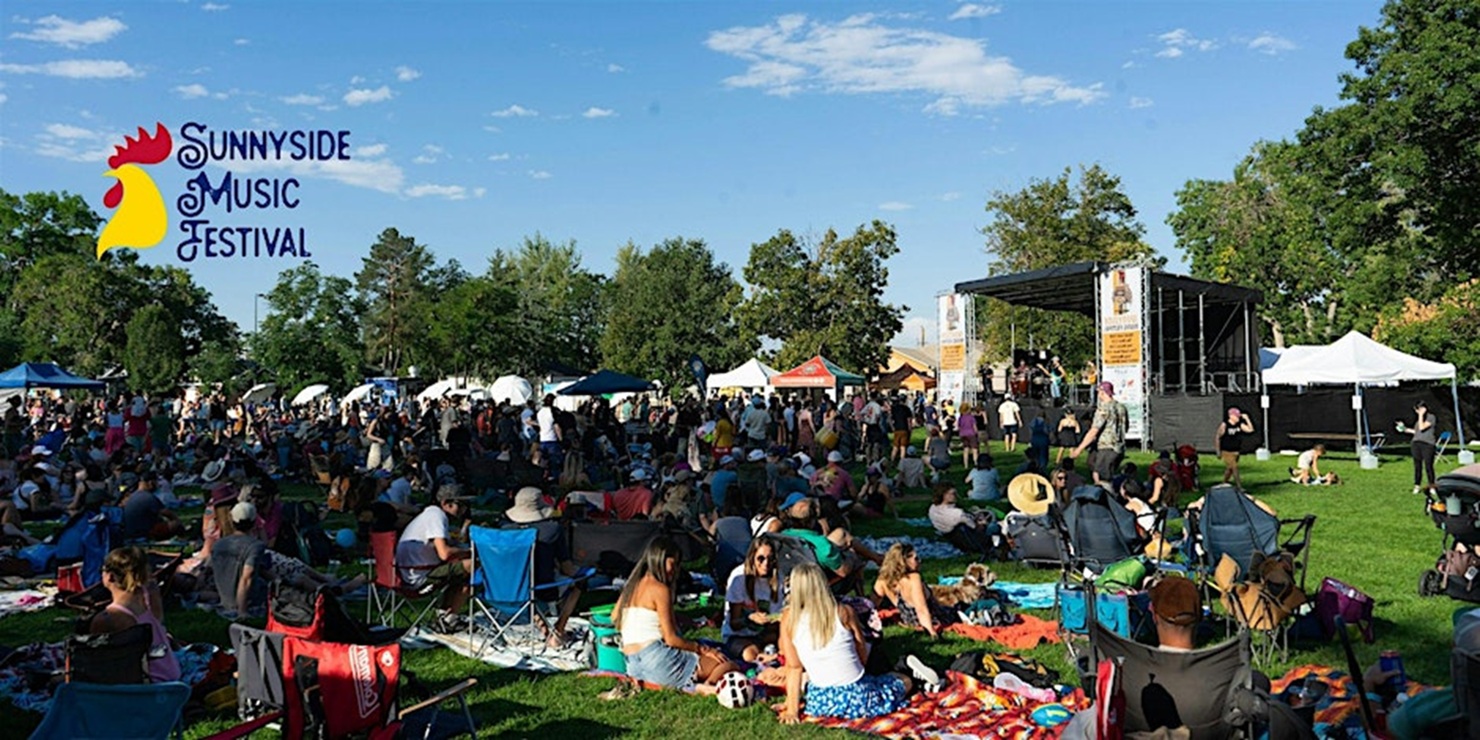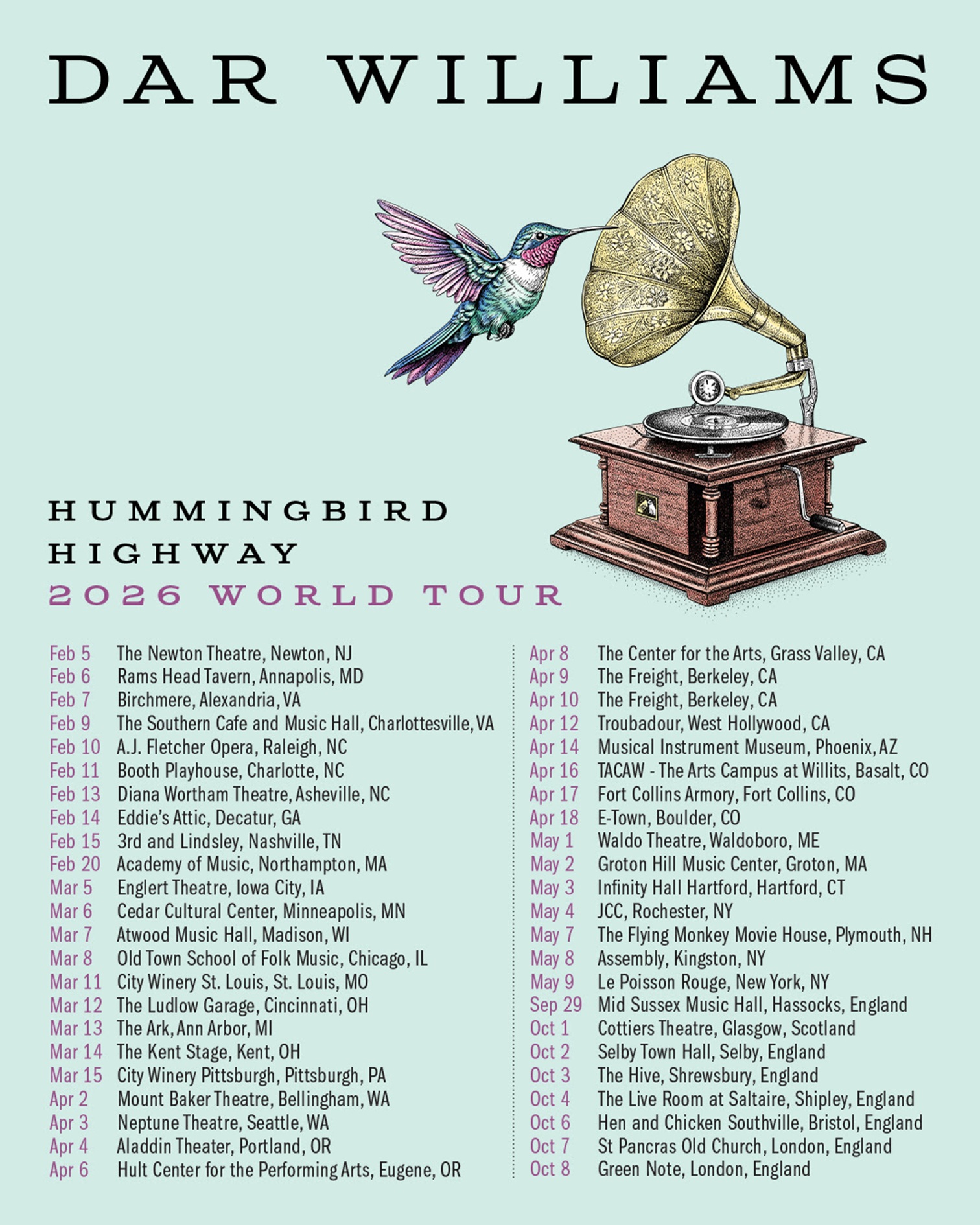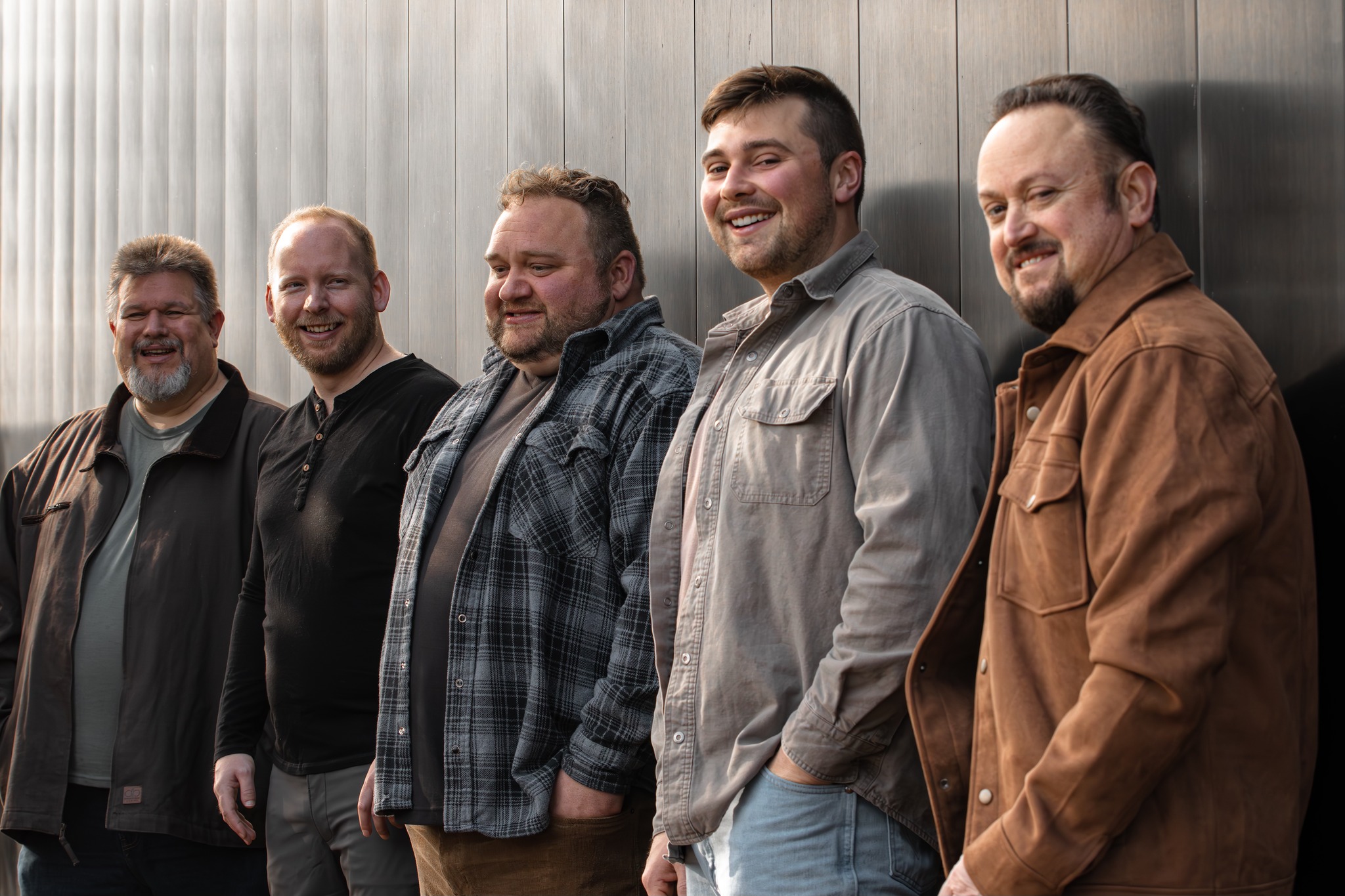Today, Silkroad announces the release dates for two musical and narrative projects as part of its multi-year American Railroad initiative: an eponymous album and a podcast series, making the history and stories behind the project accessible to broader audiences. The album will be released by Nonesuch Records on November 15 and the first episode of the podcast, in partnership with PRX, will drop on November 14—both coinciding with Silkroad’s upcoming American Railroad tour. The first track from the album, Silkroad Artistic Director Rhiannon Giddens’s arrangement of the traditional songs “Swannanoa Tunnel / Steel-Driving Man,” is available today, along with an accompanying performance video.
The American Railroad album reflects the program for Silkroad’s inaugural American Railroad tour in Fall 2023. Its 13 tracks include commissioned pieces by Cécile McLorin Salvant, Suzanne Kite, and Silkroad artist Wu Man, as well as new arrangements of songs by Rhiannon Giddens and fellow Silkroad artists Haruka Fujii, Maeve Gilchrist, and Mazz Swift. Rounding out the album are original compositions and arrangements by Silkroad artists Pura Fé, Sandeep Das, Niwel Tsumbu, and Kaoru Watanabe. American Railroad was recorded live during tour stops at the Green Music Center in Sonoma, CA and Zellerbach Hall in Berkeley, CA; it is co-produced by Giddens, Watanabe, and Jody Elff.
The first single from the album, Rhiannon Giddens’s arrangement of the traditional songs “Swannanoa Tunnel / Steel-Driving Man,” is available today. “Swannanoa Tunnel” is a song written by wrongfully imprisoned Black men and women, who unwillingly risked their lives building the Swannanoa Tunnel in Giddens’s home state of North Carolina. It serves as a tribute to them, ending with a version of the popular traditional tune “Steel-Driving Man” about the folk hero John Henry, who beat the steam drill with his hammer, only to die of a burst heart.
Salvant’s first-ever Silkroad commission, “Have You Seen My Man?,” tells the imagined story of a woman walking slowly along a train track, joined by generations of wanderers who cannot ride the train though it was built by their labors. For Kite’s work, titled “Wíhaŋblapi Mázačhaŋku,” she created a graphic score using the Lakota written language based on dreams from members of the Silkroad Ensemble. Wu Man’s “Rainy Day” combines her instrument, the pipa, with the banjo and voice to reflect the emotions of Chinese wives and mothers who miss their husbands and sons working on the railroad across the Pacific Ocean. Fujii’s “Tamping Song” celebrates the Japanese immigrant contribution to the railroad, particularly after the Chinese Exclusion Act of 1882; while Gilchrist’s “Far Down Far” shines light on the tensions between Catholic and Protestant communities within Irish railroad workers. Swift’s take on the spiritual, “O Shout!,” reminds us of the way in which enslaved people in the U.S. were able to communicate complex messages of hope, devotion, freedom, and insurrection—through music.
To shed even more light on the untold stories of the Transcontinental Railroad, Silkroad is partnering with Peabody Award-winning public media organization PRX for a five-episode podcast series hosted by Rhiannon Giddens. Episodes will be released beginning November 14, free on-demand across all major podcast platforms, including Apple Podcasts, Spotify, Amazon Music, Pocket Casts, Overcast, and NPR One.
The American Railroad podcast will weave together music and story, centering different regions of the country while delving into ties to the railroad and how they resonate today. Guests will include historians, musicians, descendants of railroad workers, members of the Standing Rock Sioux tribe, and Silkroad artists. From Chinese laborers’ crucial role in California’s railroad to the tragic tale of convict laborers in North Carolina, the series will help paint a more accurate and inclusive picture of America’s railroad history.
In conjunction with the album and podcast releases, Silkroad also embarks on the second leg of its American Railroad national tour from November 7-23, visiting 10 cities in the Midwestern, Southern, and Eastern United States with railroad-related cultural history. Physical copies of the American Railroad album will be available at all tour stops; see the full tour information below.
AMERICAN RAILROAD ALBUM INFORMATION

Listen to the first single, “Swannanoa Tunnel / Steel Driving Man,” featuring Rhiannon Giddens on vocals: silkroadensemble.lnk.to/
Watch a live performance from the Fall 2023 tour of American Railroad:
youtube.com/watch?v=
Pre-order the album ahead of the November 15 release:
silkroadensemble.lnk.to/
Track Listing:
- “Invocation” - Pura Fé Crescioni
- “Swannanoa Tunnel / Steel-Driving Man” - Traditional, arr. Rhiannon Giddens
- “Rainy Day” - Wu Man
- “Far Down Far” - Maeve Gilchrist
- “Tamping Song” - Haruka Fujii
- “Rela” - Sandeep Das
- “Wíhaŋblapi Mázačhaŋku” - Suzanne Kite
- “Have You Seen My Man?” - Cécile McLorin Salvant
- “Swannanoa Strings” - Traditional, arr. Silkroad Ensemble
- “Milimo” - Niwel Tsumbu
- “Fukagu Sanjurokkei” - Kaoru Watanabe
- “Mahk Jchi” - Pura Fé Crescioni
- “O Shout!” - Mazz Swift
Featuring:
Rhiannon Giddens, banjo/voice
Shawn Conley, bass
Pura Fé Crescioni, lap-steel guitar/voice
Haruka Fujii, percussion
Sandeep Das, tabla
Karen Ouzounian, cello
Mazz Swift, violin/voice
Niwel Tsumbu, guitar
Francesco Turrisi, frame drums/accordion
Kaoru Watanabe, Japanese flutes and percussion
Michi Wiancko, violin
Wu Man, pipa
Yazhi Guo, suona/Chinese percussion
Production Credits:
American Railroad was recorded live at Green Music Center in Sonoma, CA and Zellerbach Hall in Berkeley, CA on November 17 and 18, 2023. Rhiannon Giddens, Kaoru Watanabe, and Jody Elff are co-producers. Jody Elff is the recording and mixing engineer.
AMERICAN RAILROAD PODCAST FROM SILKROAD AND PRX INFORMATION:
Listen to the teaser and subscribe ahead of the November 14 launch:
silkroad.org/american-
Episodes will traverse the following areas:
North Carolina
The first stop on the American Railroad podcast is Swannanoa, North Carolina. Host and Silkroad Artistic Director Rhiannon Giddens reveals the origins of the popular Appalachian folk song “Swannanoa Tunnel” and how professors Jeffrey A. Keith and Kevin Kehrberg’s research sparked important conversations about erasure and ownership in Appalachian music. We’ll also hear from banjo player Tray Wellington about his experience as a Black band leader making a way in a genre not well known for performers who look like him.
New York
Next: Hell’s Kitchen, a New York City neighborhood historian Miriam Nyhan describes as transformed by immigration and expansion of the state’s railroad boom. Despite tensions between Black and Irish railroad workers, living and laboring side-by-side created a distinctly American sound. Musicians Lenwood “Leni” Sloan and Silkroad Ensemble member Maeve Gilchrist use music to capture the energy and urgency of the time in their workshop with New York’s Irish Arts Center.
California
Historians Karen Ishizuka and Roland Hsu detail the contributions of Japanese and Chinese railroad laborers in a country that leveraged xenophobic laws in attempts to eradicate their cultural heritages. Haruka Fujii, Associate Artistic Director of the Silkroad Ensemble, walks us through “Tamping Song”—an ode to “Tamping Ondo,” a Japanese work song that captures the spirit of laborers dedicated to the rail.
Standing Rock
Centuries before the Dakota Access Pipeline snaked underneath Lakota-Sioux land, the Transcontinental Railroad barreled through it. Standing Rock Sioux Reservation leaders Dave Archambault Sr. and Dave Archambault II discuss how the economic and social expansion of America often comes at the expense of Indigenous people. We’ll also hear from Silkroad Ensemble member Pura Fé about her time in Standing Rock for the #NoDAPL occupation and Ethnomusicologist Everardo “Ever” Reyes’s take on how songs, like Fé’s “Mahk Jćhi,” are part of a long tradition of Indigenous protest music.
Boston
At the turn of the 20th century, Black men and women worked as Pullman porters and maids—serving predominantly white travelers while reinforcing a hierarchy reminiscent of the Antebellum South. Wives, sisters, and daughters largely made up the Ladies' Auxiliary of the Brotherhood of Sleeping Car Porters—and served as their mouthpiece—keeping the economic, social, domestic, and political interests of railroad workers at the center of their activism. Musician and Silkroad collaborator Cécile McLorin Salvant’s song, “Have You Seen My Man?,” gives voice to the legions of Black women who awaited the safe return of their loved ones aboard the trains, while they took care of home in communities like Boston’s South End neighborhood.
Further information regarding the podcast will be announced at a later date.
AMERICAN RAILROAD TOUR DATES
November 7, 2024
Harris Theater
Chicago, IL
November 8, 2024
Presented by University Musical Society
Hill Auditorium
Ann Arbor, MI
November 10, 2024
Schermerhorn Symphony Center
Nashville, TN
November 12, 2024
Presented by City of Rogers Parks and Recreation
Rogers Convention Center
Rogers, AR
November 14, 2024
Peace Center
Peace Concert Hall
Greenville, SC
November 16, 2024
Schwartz Center for Performing Arts at Emory University
Atlanta, GA
November 17, 2024
University of Georgia Performing Arts Center
Athens, GA
November 19, 2024
Charleston Gaillard Center
Charleston, SC
November 20, 2024
Carolina Performing Arts
Chapel Hill, NC
November 23, 2024
Part of Next Wave 2024
Brooklyn Academy of Music
BAM Howard Gilman Opera House
Brooklyn, NY





